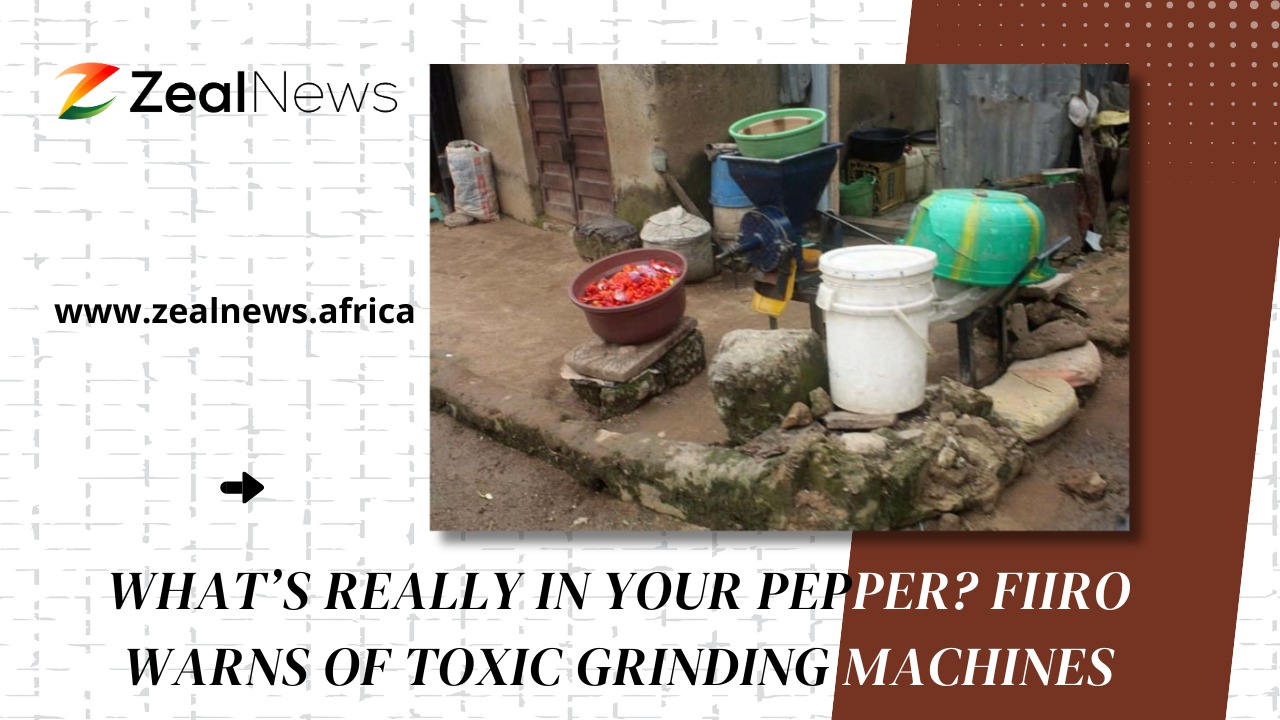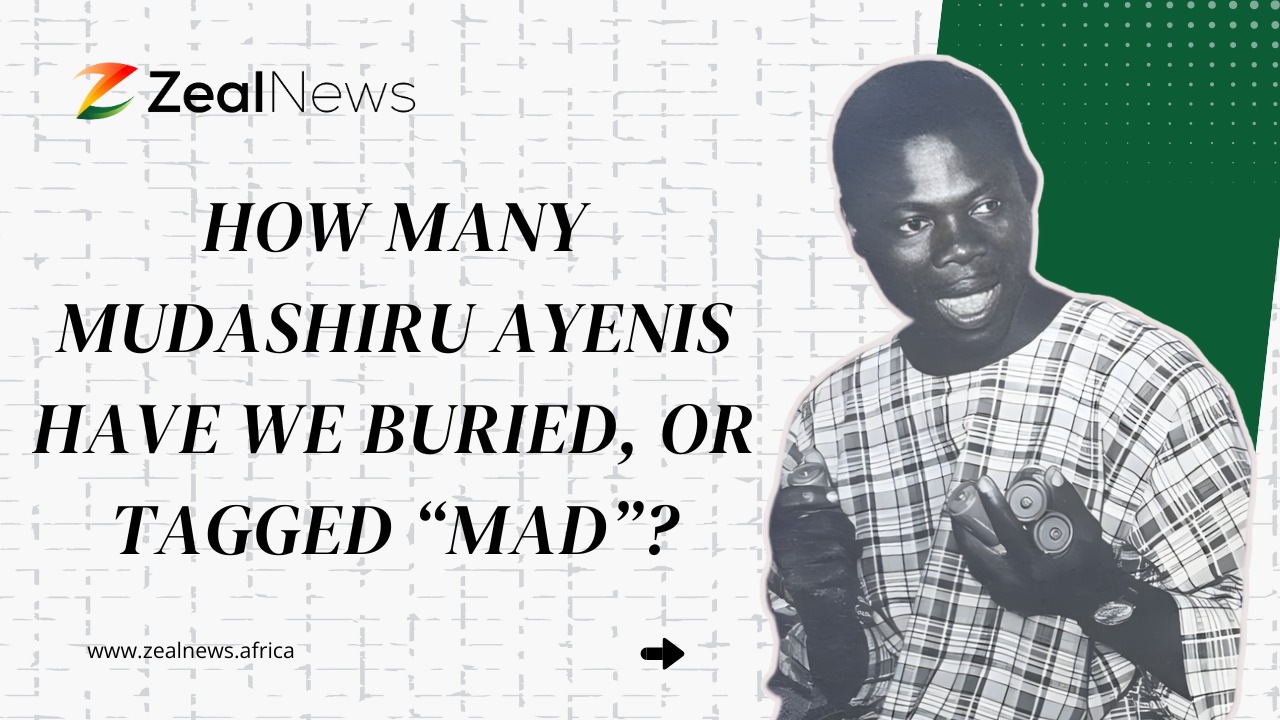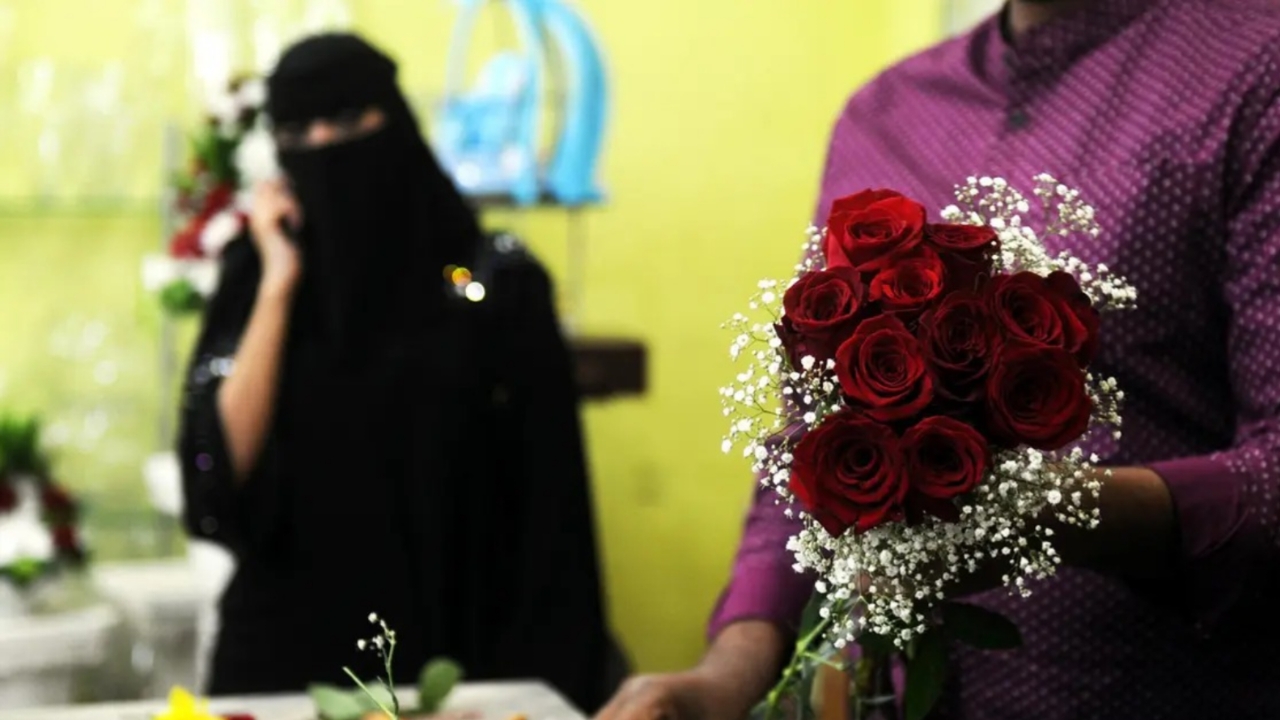Zeal Monday Reset: Lessons from the Desert Flower

In a world that worships polished routines, perfect timing, and the luxury of stability, there’s something quietly rebellious about the desert flower.
It blooms in a place where nothing is supposed to grow. It rises not because conditions are ideal but because it refuses to.
There’s a quote that has found its way into quiet corners of the internet, often posted without fanfare:
“You don’t need the perfect conditions to grow. Ask the desert flower.”
At first glance, it reads like a line from a Pinterest board. But give it a moment. Sit with it. It begins to feel less like a quote and more like a soft anthem for survival — for anyone who has ever tried to build a life, a dream, or an identity in less-than-ideal circumstances.
This is not just about flowers or plants.
It’s about people — especially young people in Africa and around the world — who are growing despite everything.
What We’re Taught About Growth
From childhood, we’re fed a story: Growth needs support. It needs structure. It needs nourishment. In other words, you bloom only when things are right.
We're told:
You need a stable home to become a stable person.
You need mentors to succeed.
You need access, visibility, validation.
And while all these things do help, the danger of this narrative is simple:
It convinces people that if they don’t have those things, they can’t grow.
But that’s not the full story. Because there are people, all around you — and maybe you're one of them — who are blooming in the wilderness.
Without applause.
Without safety.
Without resources.
And still, they rise.
What Is a Desert Flower, Really?

The term “desert flower” isn’t just poetic.
It refers to the real plants that thrive in arid, hostile environments where the land offers almost nothing.
No steady rainfall.
No soft soil.
Just heat, grit, and survival.
These plants don’t wither because it’s hard. They adapt. Some lie dormant for years, waiting for just a drop of rain and some conserve energy, blooming only for a short window before retreating again. Others grow deep roots — not to stay grounded, but to reach water sources hidden far below the surface.
These flowers are not fragile.
They are not “lucky.”
They are brilliant examples of what resilience looks like in real life.
So when someone says, “Ask the desert flower,” what they mean is:
Look to the ones who are thriving where no one expected life to exist at all.
What Is Your Desert?
Let’s bring it closer to home.
The desert, for many of us, is not a physical place. It’s a metaphor for the spaces in our lives that feel harsh, dry, and unwelcoming.
For some, it’s growing up in a home without emotional support.
For others, it’s trying to build a career in an industry that doesn’t see you — or worse, that exploits your creativity.
For many Nigerian youths, the desert is a country that often demands so much and gives so little in return.
You may be trying to:
Get a degree in a system plagued by strikes and underfunding.
Start a business in an economy stacked against you.
Heal from trauma in a society that tells you to “just pray.”
Find your voice in a digital world that moves too fast to listen.
And still — you're growing.
Even if no one sees it.
Even if it’s messy, slow, or uncertain.
You are growing.
Real-Life Desert Flowers: People Who Bloomed Without Perfect Conditions
Let’s move from metaphor to reality. Some of the most inspiring figures in African and global history have come from hard places — literal deserts of opportunity — and still bloomed.
Waris Dirie – From the Desert to the World Stage

Photo Credit: Pinterest
Born into a nomadic Somali family, Waris Dirie underwent female genital mutilation at age five and was promised into marriage as a teenager. She fled on foot, later became a supermodel, and used her voice tofight against FGM globally. Her memoir, Desert Flower, became a global bestseller.
Waris didn’t wait for permission. She didn’t wait for safety or sponsorship. She grew anyway.
Trevor Noah – Born a Crime, Made to Rise
.jpeg)
Photo Credit: Pinterest
Growing up in apartheid South Africa, Trevor Noah was the child of a Black mother and a white father — a union that was illegal at the time. His very existence was evidence of defiance. But through wit, storytelling, and an unwavering voice, he turned his life into a platform — first as a comedian, then as host of The Daily Show.
READ ALSO: Afro Blazers Series (Part 16): From Born a Crime to Global Icon — The Trevor Noah Story
He didn’t wait for a system to include him. He created a lane of his own.
Wangari Maathai – Planting Trees as Protest

Photo Credit: Pinterest
Kenya’s Wangari Maathaididn’t just plant trees. She planted resistance. In a country riddled with political repression, she started the Green Belt Movement, empowering women, restoring forests, and pushing back against ecological destruction. She won the Nobel Peace Prize — the first African woman to do so.
Maathai’s soil was unfriendly. But she turned planting into a form of protest — and protest into power.
These stories are not exceptions. They are proof that you don’t need soft soil to bloom.
You only need the determination to dig deeper.
Why This Message Matters Now
It’s easy to feel behind in this generation. The internet shows you people “winning” every day — starting businesses, getting married, traveling the world, signing million-dollar deals at 22.
But the truth is that most growth is invisible.
You don’t see the nights someone stayed up fighting anxiety.
You don’t see the jobs they applied for and got rejected from.
You don’t see the inner war they’re fighting just to keep moving forward.
That’s why this message matters.
Because the pressure to “be successful” by a certain age or standard is often built on unrealistic expectations.
What the desert flower teaches us is this: Your worth is not based on how fast you grow.
It’s based on your ability to grow at all, in whatever conditions you’ve been handed.
The Myth of Constant Blooming
Here’s something social media doesn’t tell you: you don’t have to bloom all the time.
Even desert flowers take breaks.
They close up. They retreat. They preserve energy.
You’re allowed to rest.
You’re allowed to pull back and reflect.
You’re allowed to not be okay, and still be considered strong.
Growth isn’t a performance.
It’s a process.
Choosing to Grow Anyway
So, what does it mean to “ask the desert flower”?
It means recognizing that:
You may not have the resources, but you still have the will.
You may not have applause, but you still have purpose.
You may not know when the next rainfall will come, but you’re not giving up on it happening.
It means choosing:
To believe in your future, even if your present is dry.
To push through your day, even when no one sees the effort.
To commit to small steps — not because they’re impressive, but because they’re yours.
A Final Reflection
The desert flower doesn’t wait for better weather.
It simply adapts, persists, and blooms on its own terms.
What if you did the same?
What if you stopped waiting for a perfect version of yourself to begin?
What if you stopped thinking your circumstances need to change before you can start?
You don’t need ideal conditions to start healing.
To start writing.
To start dreaming again.
To begin again.
The world may not feel soft.
But you are still capable of growing something beautiful inside it.
So no, you don’t need the perfect conditions.
You only need a bit of light, a little courage, and the refusal to quit.
Ask the desert flower.
You may also like...
Super Eagles Fury! Coach Eric Chelle Slammed Over Shocking $130K Salary Demand!
)
Super Eagles head coach Eric Chelle's demands for a $130,000 monthly salary and extensive benefits have ignited a major ...
Premier League Immortal! James Milner Shatters Appearance Record, Klopp Hails Legend!

Football icon James Milner has surpassed Gareth Barry's Premier League appearance record, making his 654th outing at age...
Starfleet Shockwave: Fans Missed Key Detail in 'Deep Space Nine' Icon's 'Starfleet Academy' Return!

Starfleet Academy's latest episode features the long-awaited return of Jake Sisko, honoring his legendary father, Captai...
Rhaenyra's Destiny: 'House of the Dragon' Hints at Shocking Game of Thrones Finale Twist!

The 'House of the Dragon' Season 3 teaser hints at a dark path for Rhaenyra, suggesting she may descend into madness. He...
Amidah Lateef Unveils Shocking Truth About Nigerian University Hostel Crisis!

Many university students are forced to live off-campus due to limited hostel spaces, facing daily commutes, financial bu...
African Development Soars: Eswatini Hails Ethiopia's Ambitious Mega Projects

The Kingdom of Eswatini has lauded Ethiopia's significant strides in large-scale development projects, particularly high...
West African Tensions Mount: Ghana Drags Togo to Arbitration Over Maritime Borders

Ghana has initiated international arbitration under UNCLOS to settle its long-standing maritime boundary dispute with To...
Indian AI Arena Ignites: Sarvam Unleashes Indus AI Chat App in Fierce Market Battle

Sarvam, an Indian AI startup, has launched its Indus chat app, powered by its 105-billion-parameter large language model...






